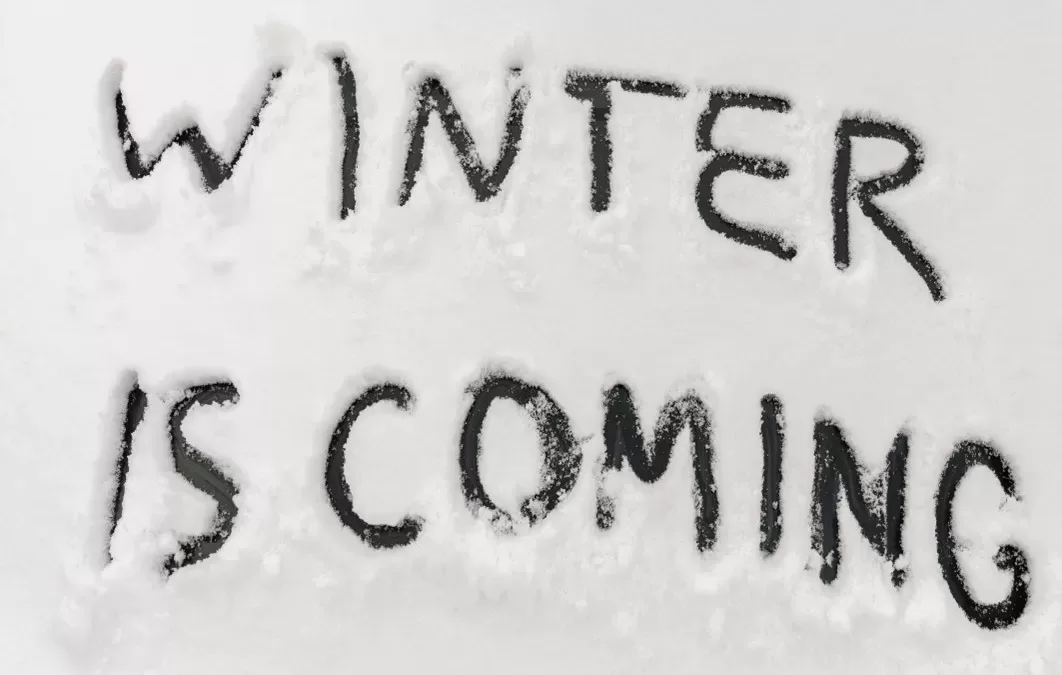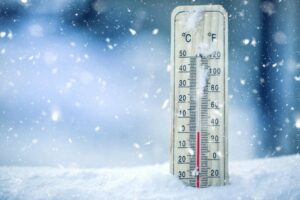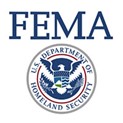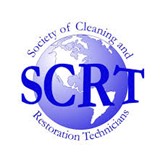
Sizing A Job Correctly – Use The Right Equipment
We get phone calls all the time asking how much drying equipment we should put on the water-damaged property. So many contractors don’t know whether the equipment they plan to use will be supported by the available electric system.

First – let’s address the amount (size, type, and quantity) of Dehumidifiers. Many contractors simply use what they have on the truck – or in their warehouse. It’s a terrible rule of thumb to operate this way.
Most contractors have a basic knowledge of scoping a water-damaged facility and can calculate how much area has been affected. So, you can then determine the cubic feet of the area affected. The quick “rule of thumb” you can use is quite simple: LxWxHx3/60 = the amount to CFM required. (This is when you are considering desiccant machines).
You should know what the capacity is of your portable dehu’s as well as the CFM of desiccant machines. A simple scenario is as follows:
Length of affected area X Width of the same area X ceiling Height X 3 (air exchanges per hour) / 60 (minutes in hour) – equals the CFM required. You should know the CFM rating of your machines. All of them are different.
And in smaller situations, such as a room 20 feet long by 30 feet wide by 10 feet height = 600/AHAM rating (# pints of water removed in a 24hr period). A typical 200 AHAM rated LGR (low grain refrigerant dehu) means you would need 3 units.
Although this is a simple basic formula, it gives you a reasonable guesstimate of what you’ll need. The IICRC S-500 has a much more detailed and elaborate methodology which would be far more accurate. The E3 system developed by Chuck Dewald III and Chris Laney is easy and even more accurate – taking in to account small details such as brand name of the equipment you will use.
This formula is intended to a quick calculation for when you first arrive at the job attempting to get an approximation of what you’ll need. Once you get into the job you may want to add or remove some equipment.
The other important number you need is “what is the capacity” of the power source on the job. For example: if you are going to use Phoenix Centrifugal Air Movers which draw a maximum of 2.8 amps each and you have one available 15-amp circuit – then you’ll only be able to plug in 5 air movers. Remember that the 15-amp receptacle might be connected to several other outlets on the wall, or in that room!
Many times, you will need far more equipment than you have available electric. That means you’re going to need an auxiliary generator to provide the needed power. We’ve found that many “larger” losses often need a generator on site to power all the equipment. When that happens, you might consider renting (or even owning) a 45kW diesel fired generator.
If you need equipment, Air Movers, Dehumidifiers, Trailer-mounted Desiccant, or even want to own a Generator, First Choice Drying Equipment has what you need – at a price the ’big chains’ can’t give you. First Choice has been in business for 30+ years and is there when you need them!

 Even worse is when the adjuster arrives, and the equipment is on-site but won’t start. Talk about embarrassment – I’ve heard of times when the contractor got thrown off the job just because the equipment was working. It becomes the perfect excuse for a large-loss adjuster to bring his own buddies onto the job.
Even worse is when the adjuster arrives, and the equipment is on-site but won’t start. Talk about embarrassment – I’ve heard of times when the contractor got thrown off the job just because the equipment was working. It becomes the perfect excuse for a large-loss adjuster to bring his own buddies onto the job.


 Like tile and grout tools, wet/dry vacuums, even concrete grinders and polishers use water. Make sure there is no water left in those machines during the brutal cold. Scratch wands and drag wands also are susceptible to damage from freezing since they can also retain water. Ride-on or walk-behind floor cleaning equipment should always be stored in a warm and dry place.
Like tile and grout tools, wet/dry vacuums, even concrete grinders and polishers use water. Make sure there is no water left in those machines during the brutal cold. Scratch wands and drag wands also are susceptible to damage from freezing since they can also retain water. Ride-on or walk-behind floor cleaning equipment should always be stored in a warm and dry place.



 Everyone has heard of
Everyone has heard of  On April 19, 2022, FEMA released the updated state and local mitigation planning policies. The updated policies, previously known as the “Plan Review Guides”, have been renamed State Mitigation Planning Policy Guide and Local Mitigation Planning Policy Guide. This is just a very small sample of some of the things that keep changing.
On April 19, 2022, FEMA released the updated state and local mitigation planning policies. The updated policies, previously known as the “Plan Review Guides”, have been renamed State Mitigation Planning Policy Guide and Local Mitigation Planning Policy Guide. This is just a very small sample of some of the things that keep changing. From the RIA website: “Representing cleaning and restoration professionals from member firms specializing in textiles, environmental issues, and restoration; RIA provides credibility, education, and business improvement events to maximize industry exposure and advance knowledge in the cleaning and restoration industry.”
From the RIA website: “Representing cleaning and restoration professionals from member firms specializing in textiles, environmental issues, and restoration; RIA provides credibility, education, and business improvement events to maximize industry exposure and advance knowledge in the cleaning and restoration industry.”